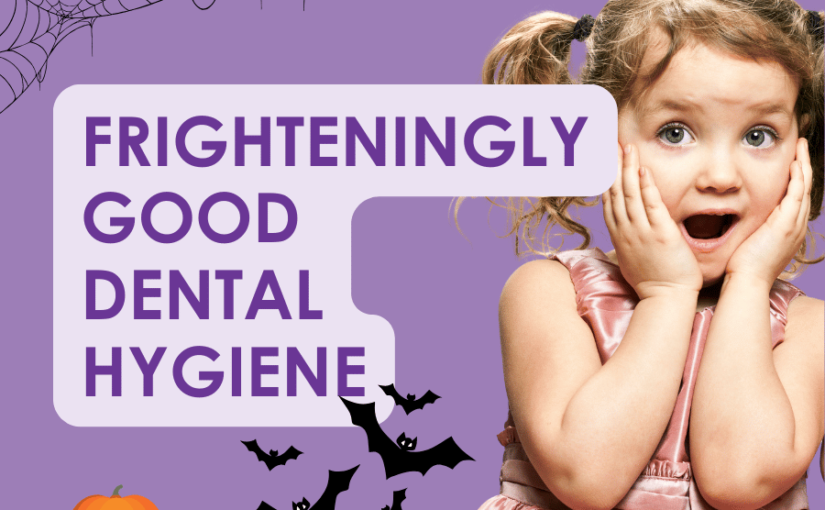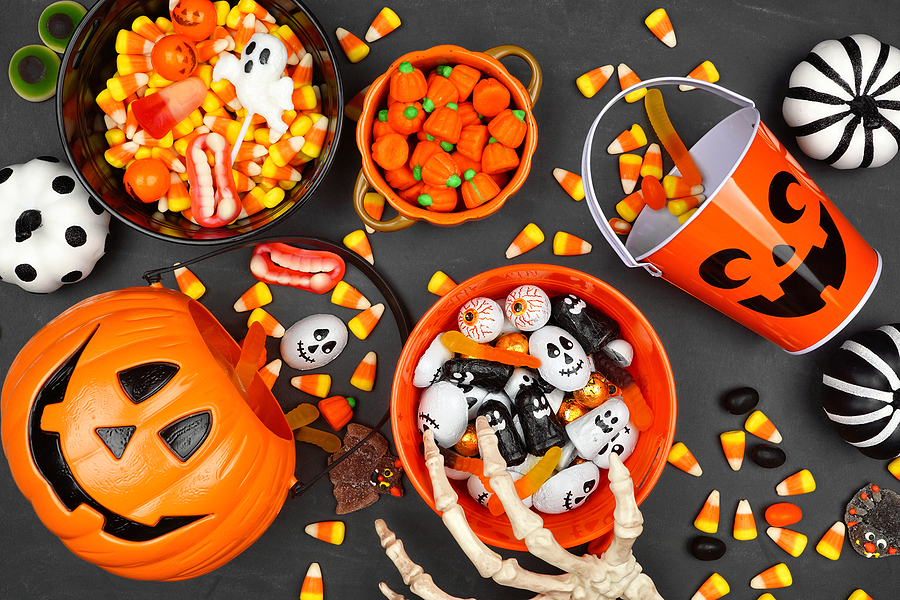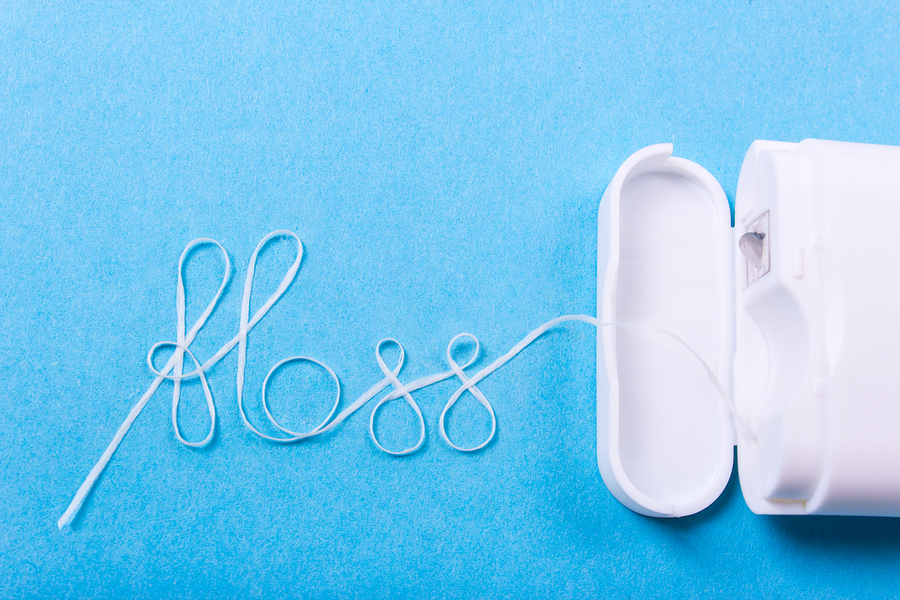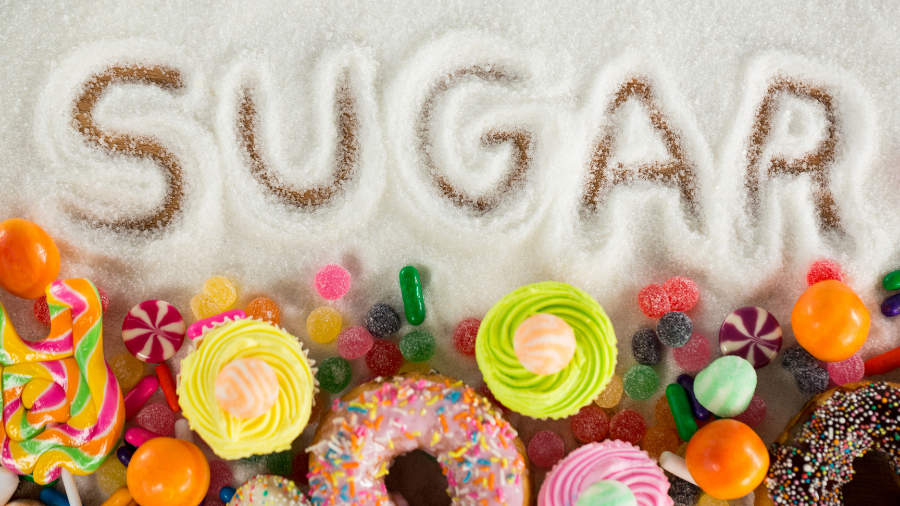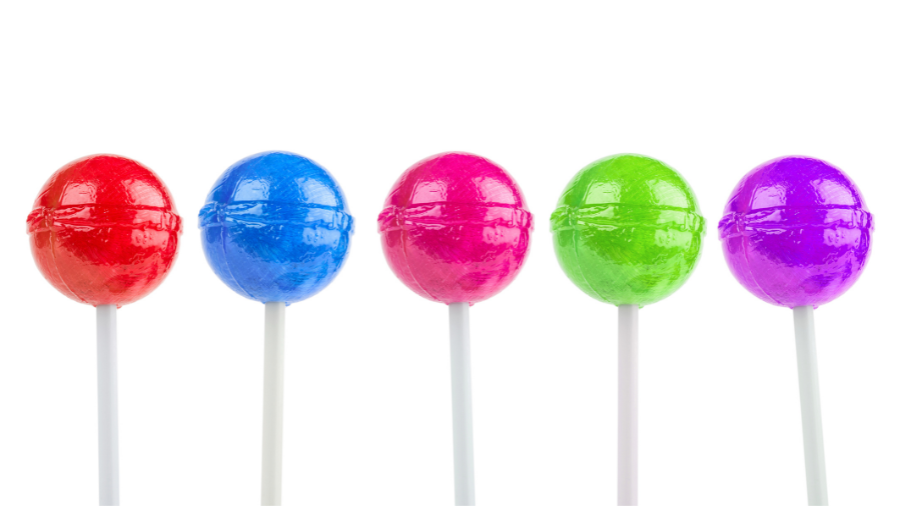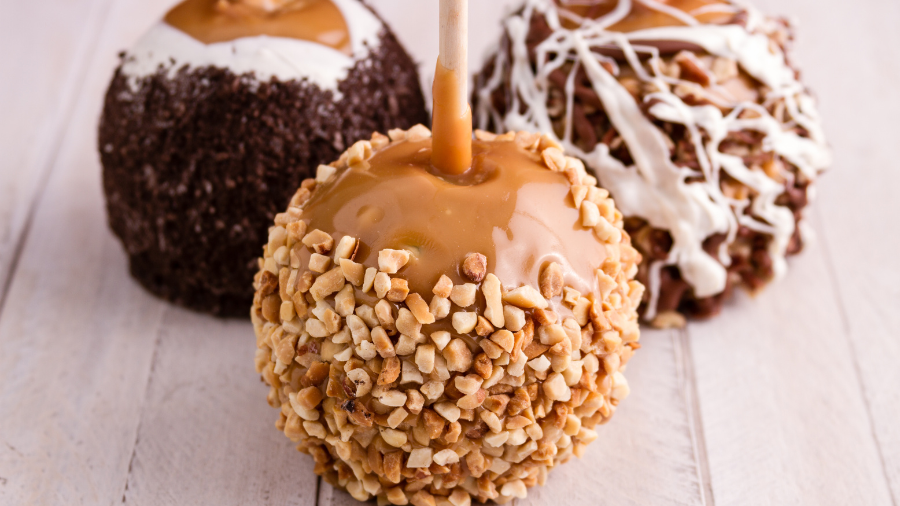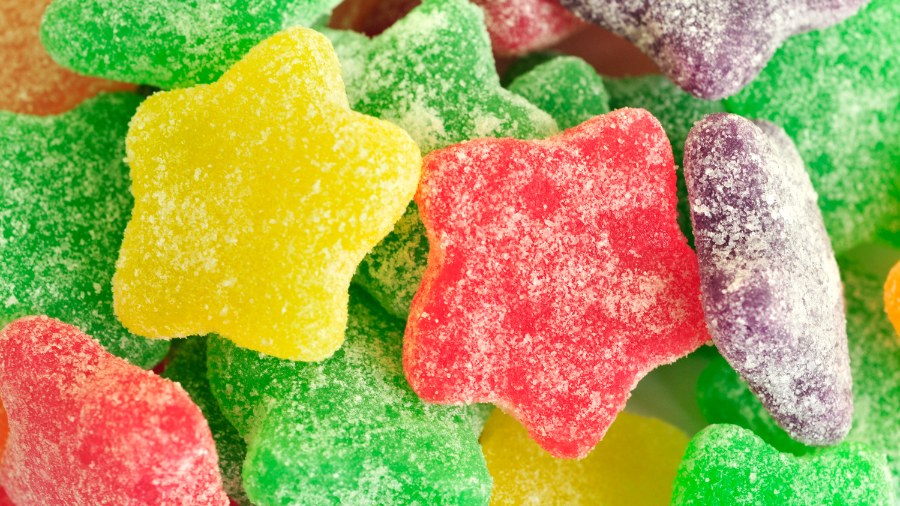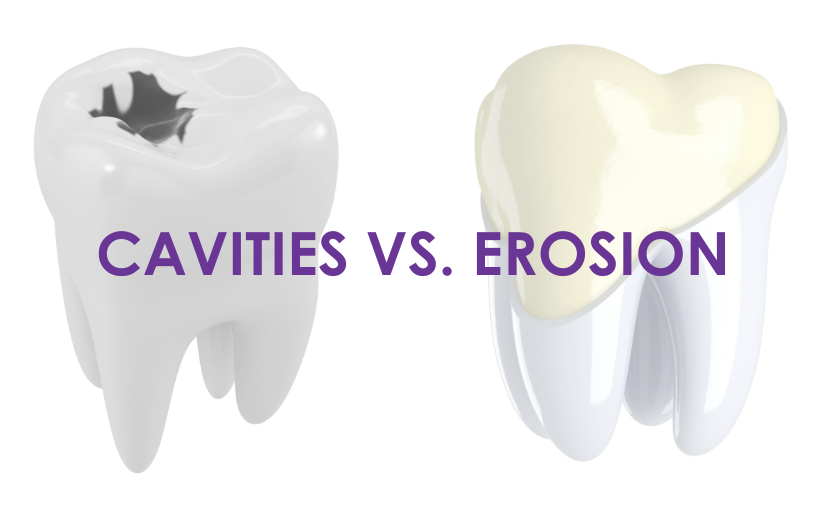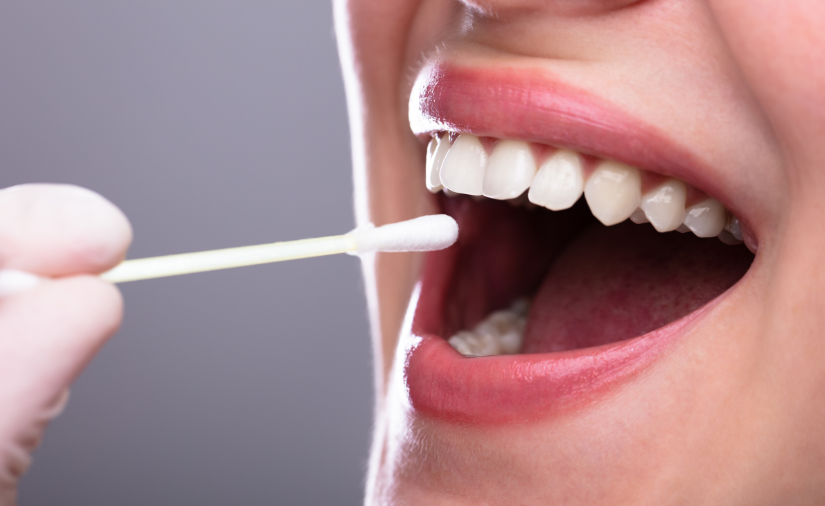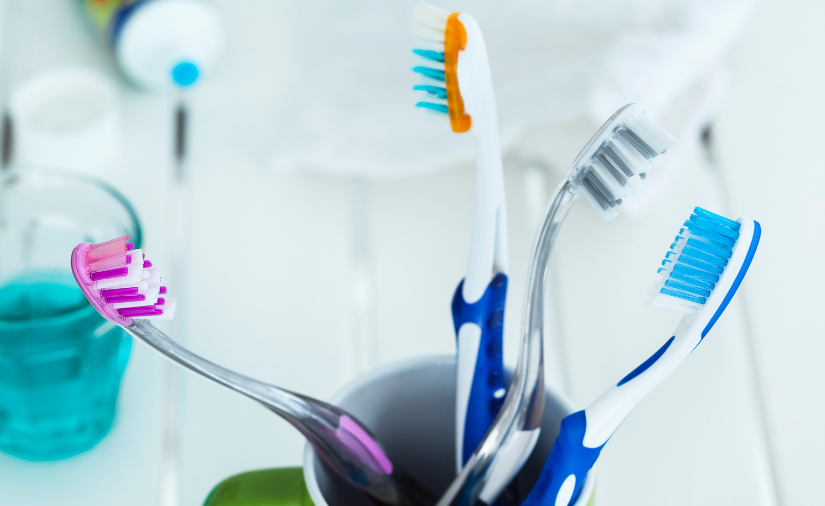By: Dr. Elizabeth Eggert
During the long Midwestern winters, we love to surround ourselves with comfort and warmth. From big blankets and oversized hoodies to toasty fires and green bean casserole, keeping cozy is the key to embracing the extended cold. With the holidays right around the corner, hotdish, turkey and stuffing, soups, and other comfort foods will be making frequent appearances at the dinner table. Fortunately, your dental health doesn’t have to take a hit. Learn how you can embrace hotdish and healthy teeth for a delicious and celebratory holiday season!
Indulge in Holiday Goodness While Protecting Those Pearly Whites
When you think about hotdish and other traditional holiday foods, it’s not hard to see how carb and sugar-laden our diets become throughout the fall and winter months. We know that cookies and candy can easily wreak havoc on our dental health, but we may not realize that carbs from all that delicious bread and savory stuffing, the carbs and sugars in our favorite Christmas pie, and the sugars in Grandma’s homemade cranberry sauce are just as likely to cause issues.
Sugar, carbs, and sticky substances can linger on your teeth, inviting bad bacteria to join the party. These bacteria produce waste products, called plaque, which can eventually harden into tartar. The bacteria also play a role in the weakening of your enamel through an acidic and erosive process.
Does that mean you can’t indulge in all the goodies that make Thanksgiving and Christmas so magical?
Not at all!
Here are a few tips that will help you enjoy holiday meals and treats while protecting your teeth:
1. Stay hydrated.
Our saliva has an important job, continually rinsing harmful bacteria from our mouths and dislodging food particles. However, saliva alone isn’t enough to keep up with the demand, especially when we’re consuming more carbs, starches, and sugars. Keep your body hydrated to maintain adequate saliva production, and regularly rinse your teeth by drinking water frequently throughout the day.
2. Incorporate fiber-rich foods.
Adding regular sources of fiber into your holiday diet goes a long way toward keeping the surfaces of your teeth clean. Whether or not you realize it, fibrous foods actually scrub your teeth while at the same time promoting gut health and saliva production.
3. Chew sugar-free gum.
Did you know that gum does more than freshen your breath? Sugar-free gum removes food particles, sticky bacteria, and plaque from your teeth, reducing the risk of serious dental issues like tartar buildup, cavities, and gum disease.
Your Teeth Have a Wish List, Too!
You might be hoping for a designer bag or a new pair of skis this holiday season, but have you thought to ask Dr. Elizabeth Eggert or Dr. Jeff Eggert what your teeth might want? It can be easy to take your teeth for granted when they’re doing their job and not giving you any noticeable issues. However, a little love can go a long way in keeping them healthy and happy for life!
- Keep up with daily brushing and flossing.
Between shorter workweeks, longer weekends, and out-of-town travel, it can be easy to get out of our regular routines in November and December. Unfortunately, harmful bacteria don’t observe holidays. Resolve to brush and floss twice daily and after big mid-day meals for optimal oral wellness.
- Swish with mouthwash.
Once or twice a day after brushing and flossing, swish with mouthwash to reduce enamel-eating acidity, loosen any food particles, and strengthen enamel.
- Keep up with recommended recare visits.
It’s easy to get so busy with day-to-day life that, unless you’re faced with a toothache or a dental emergency, you forget to make wellness appointments for yourself and your loved ones. There’s no better time than the present to get your end-of-the-year recare visit on the books!
Give Eggert Family Dentistry a call at 651.482.8412. Dr. Elizabeth Eggert and Dr. Jeff Eggert would love to see you in our office and partner with you to keep your teeth healthy all year long! And don’t despair that it’s all or nothing. With a proactive approach to your dental health, hotdish and healthy teeth can indeed go hand in hand!

